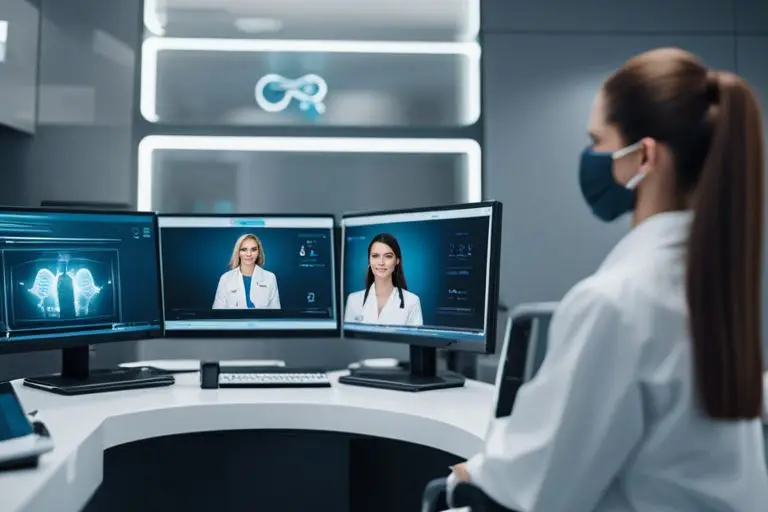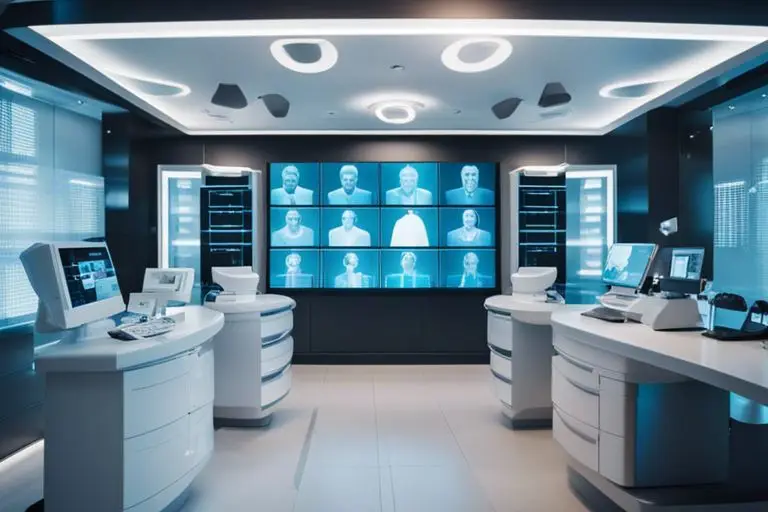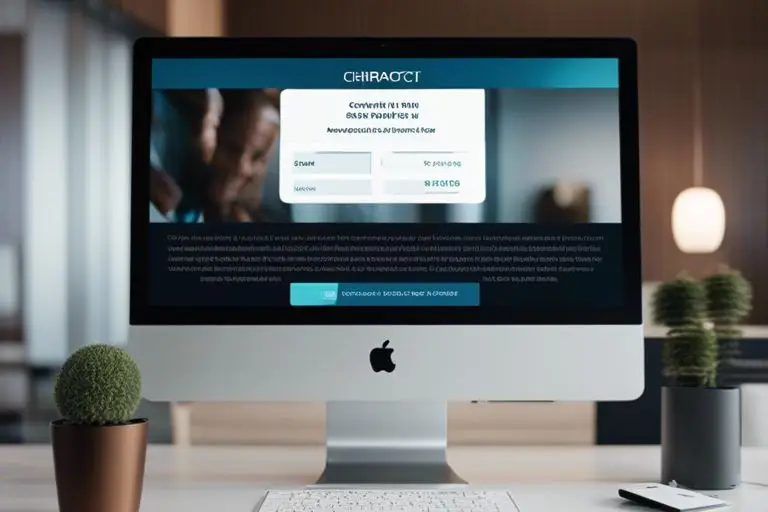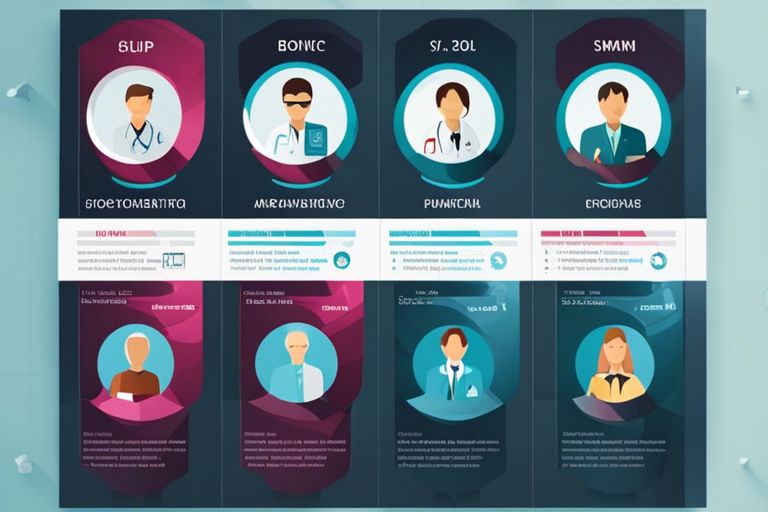You, as a plastic surgery professional, understand the importance of delivering exceptional patient experiences from start to finish. One crucial tool that can help you achieve this is Customer Relationship Management (CRM) software. By seamlessly integrating CRM into your practice, you can enhance every aspect of the patient journey, from initial consultation to post-operative care. Let’s explore how the combination of plastic surgery and CRM can sculpt a seamless and personalized experience for your patients.

The Role of CRM in Enhancing Patient Experience
Understanding Patient Needs and Expectations
Understanding the needs and expectations of patients is paramount in delivering exceptional care. CRM systems help plastic surgery practices collect and analyze data to gain insights into what patients value most in their journey. By leveraging this information, practices can tailor their services to meet and exceed patient expectations, ultimately leading to higher satisfaction rates.
Personalizing the Patient Journey
Any successful plastic surgery practice knows that personalization is key to creating a memorable patient experience. CRM systems enable practices to segment patients based on their preferences, demographics, and behavior. By personalizing communication and treatment plans, practices can build stronger relationships with patients and foster loyalty in the long run.
Role of CRM systems in personalizing the patient journey goes beyond just sending personalized messages. These systems can also streamline appointment scheduling, follow-ups, and post-operative care, ensuring that each patient receives the individual attention they deserve throughout their entire journey.
Integrating CRM into Plastic Surgery Practice
Any plastic surgery practice looking to streamline processes, enhance patient communication, and improve overall efficiency should consider integrating a Customer Relationship Management (CRM) system into their operations. To help you find the right CRM software for your practice, check out the 10 Best Plastic Surgery CRM Software for 2024.
Key Features of CRM for Plastic Surgeons
- Lead management and tracking
- Automated appointment scheduling
- Electronic health record integration
- Email and SMS marketing capabilities
- Customizable patient communication
- Payment processing integration
Assume that incorporating these features into your practice will help you provide a seamless patient experience from initial consultation to post-operative care.
Best Practices for Implementing CRM Systems
Integrating a CRM system into your plastic surgery practice requires careful planning and execution. This entails identifying key stakeholders, setting realistic goals, providing adequate training to staff, and continuously monitoring and optimizing the system’s performance. By following these best practices, you can ensure a successful implementation that enhances patient satisfaction and practice efficiency.

Measuring Success: CRM Metrics and KPIs in Plastic Surgery
Patient Satisfaction and Retention Rates
Now, one of the crucial aspects of measuring success in plastic surgery CRM is monitoring patient satisfaction and retention rates. By tracking how satisfied patients are with their procedures and the overall experience, clinics can gauge the effectiveness of their CRM strategies. Additionally, retention rates provide valuable insights into patient loyalty and the likelihood of them returning for future services.
Monitoring and Analyzing Patient Feedback
On the other hand, monitoring and analyzing patient feedback are crucial components of a successful CRM approach in plastic surgery. By collecting and analyzing feedback from patients, clinics can identify areas of improvement, address any concerns promptly, and ultimately enhance the overall patient experience. This data-driven approach allows clinics to make informed decisions that align with patient preferences and expectations.
Surgery monitoring and analyzing patient feedback involves utilizing various tools and channels to gather patient insights, such as surveys, review platforms, and social media listening. By actively listening to patient feedback, clinics can identify trends, patterns, and sentiment that can guide strategic decisions and improvements. It empowers clinics to proactively address issues, enhance communication, and ensure a seamless patient journey.
The Future of CRM in Plastic Surgery
Technological Advancements and Innovation
One of the key factors shaping the future of CRM in plastic surgery is the rapid technological advancements and innovations in the field. From virtual consultations and 3D imaging to AI-powered chatbots and personalized patient portals, technology is revolutionizing the way plastic surgeons interact with their patients and manage the patient journey.
Predictive Analysis and Customized Patient Care
Predictive analysis is set to play a crucial role in shaping the future of CRM in plastic surgery. By leveraging data analytics and machine learning algorithms, plastic surgeons can predict patient needs and preferences, leading to more customized and personalized patient care. This proactive approach not only enhances the patient experience but also improves patient outcomes.
To further enhance predictive analysis and customized patient care, plastic surgery practices can implement CRM systems that integrate seamlessly with electronic health records (EHR) and other data sources. By centralizing patient data and harnessing the power of analytics, plastic surgeons can anticipate patient needs, tailor treatment plans, and provide a higher level of personalized care.
To wrap up
So, when it comes to plastic surgery and customer relationship management, it is crucial for plastic surgery practices to focus on sculpting a seamless patient journey. By implementing CRM strategies effectively, such as personalized communication, efficient appointment scheduling, and post-operative care follow-ups, plastic surgeons can enhance patient satisfaction and loyalty. This comprehensive approach not only ensures a positive patient experience but also contributes to the overall success and growth of the practice. Embracing CRM tools and techniques can help plastic surgeons build lasting relationships with their patients, ultimately leading to improved outcomes and a thriving practice.









